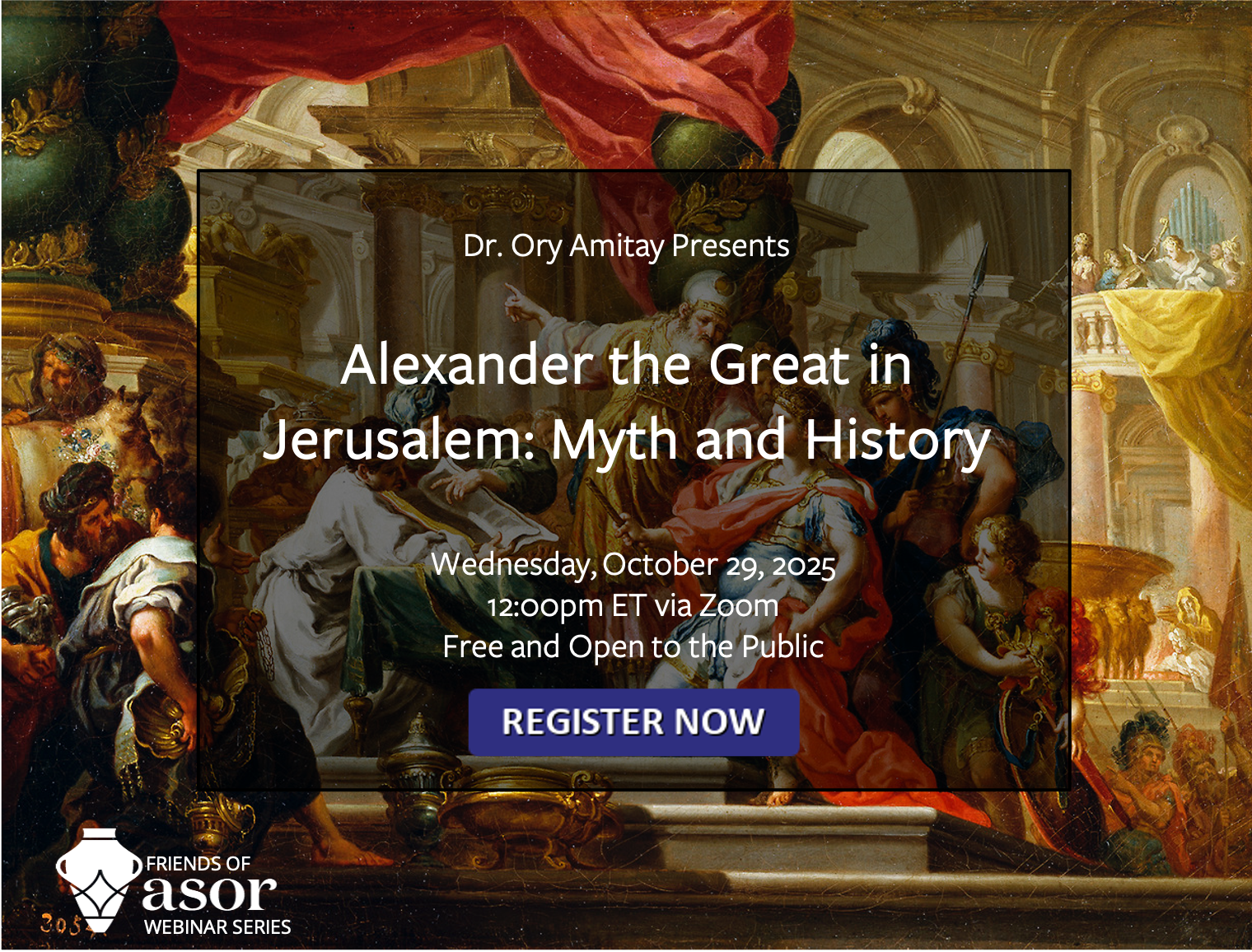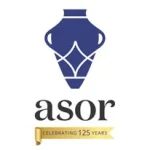
FRIENDS OF ASOR WEBINARS
Alexander the Great in Jerusalem: Myth and History
Friends of ASOR present the next webinar of the 2025-2026 season on October 29, 2025, at 12:00 pm EDT, presented by Dr. Ory Amitay. This webinar will be free and open to the public. Registration through Zoom (with a valid email address) is required. This webinar will be recorded and all registrants will be sent a recording link in the days following the webinar.
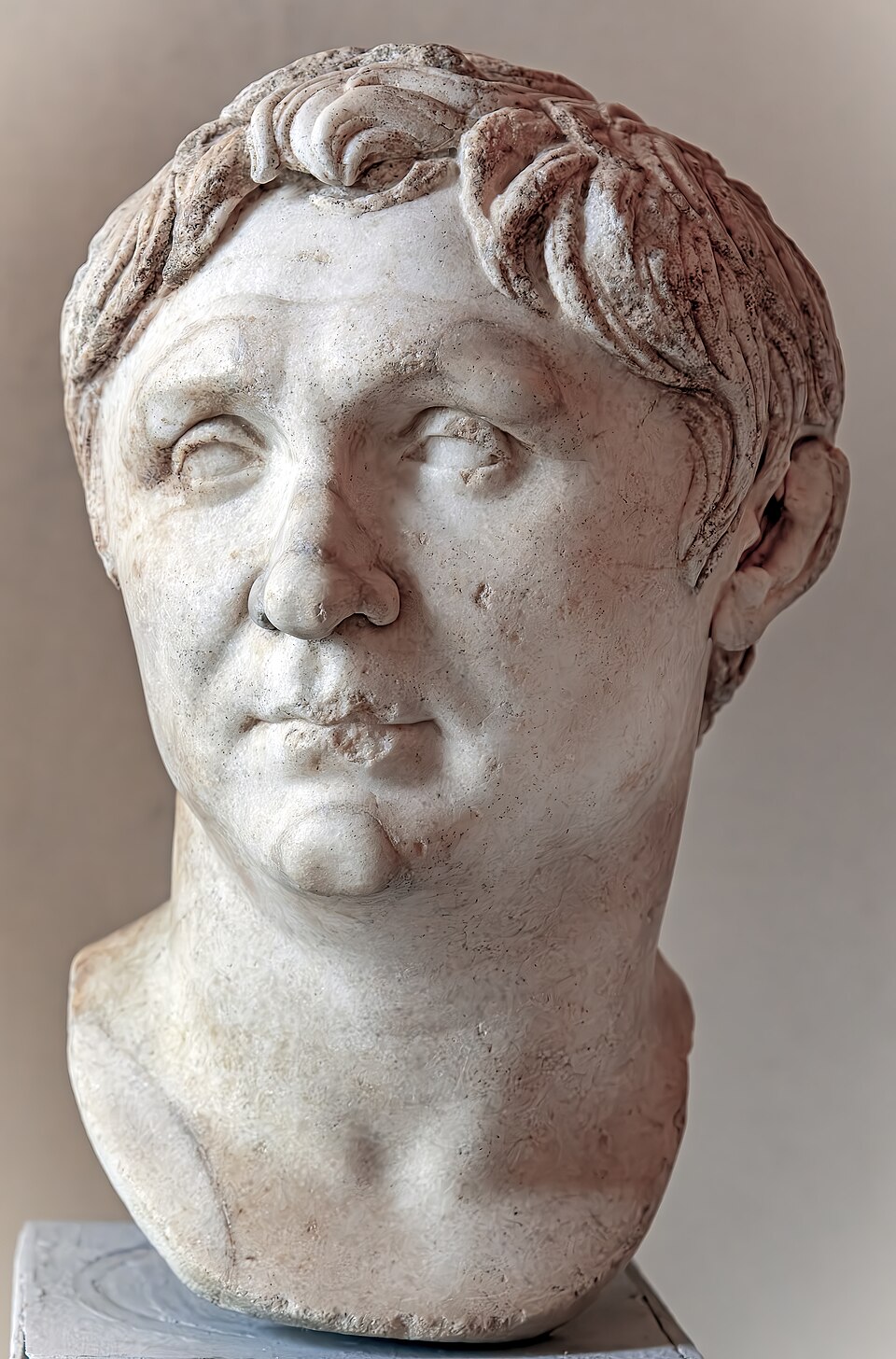
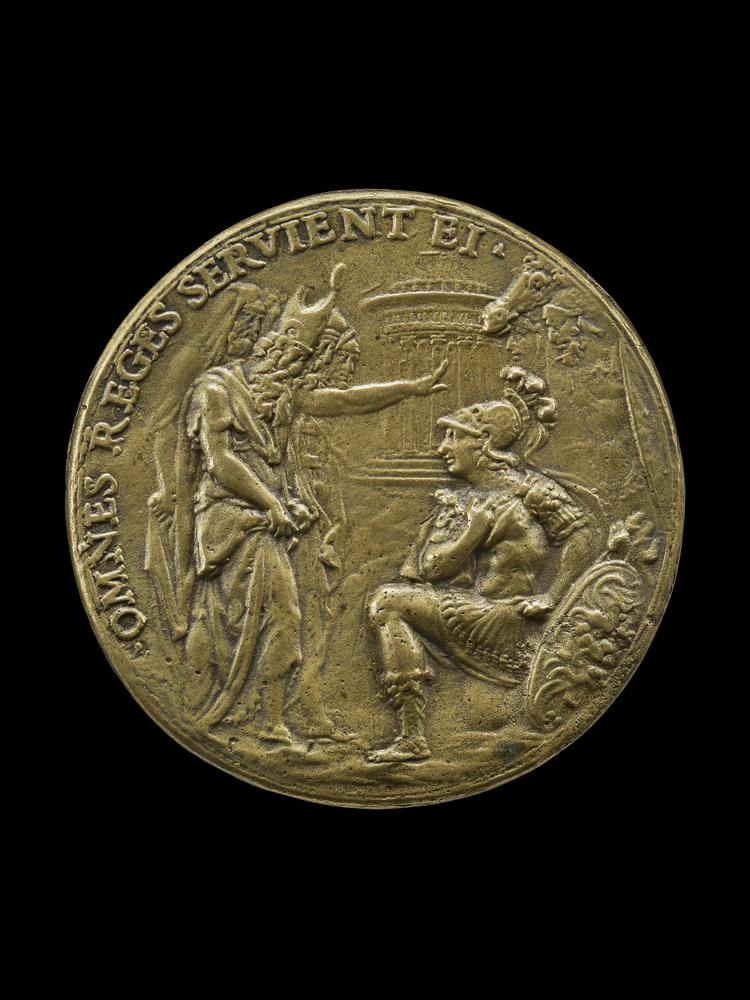
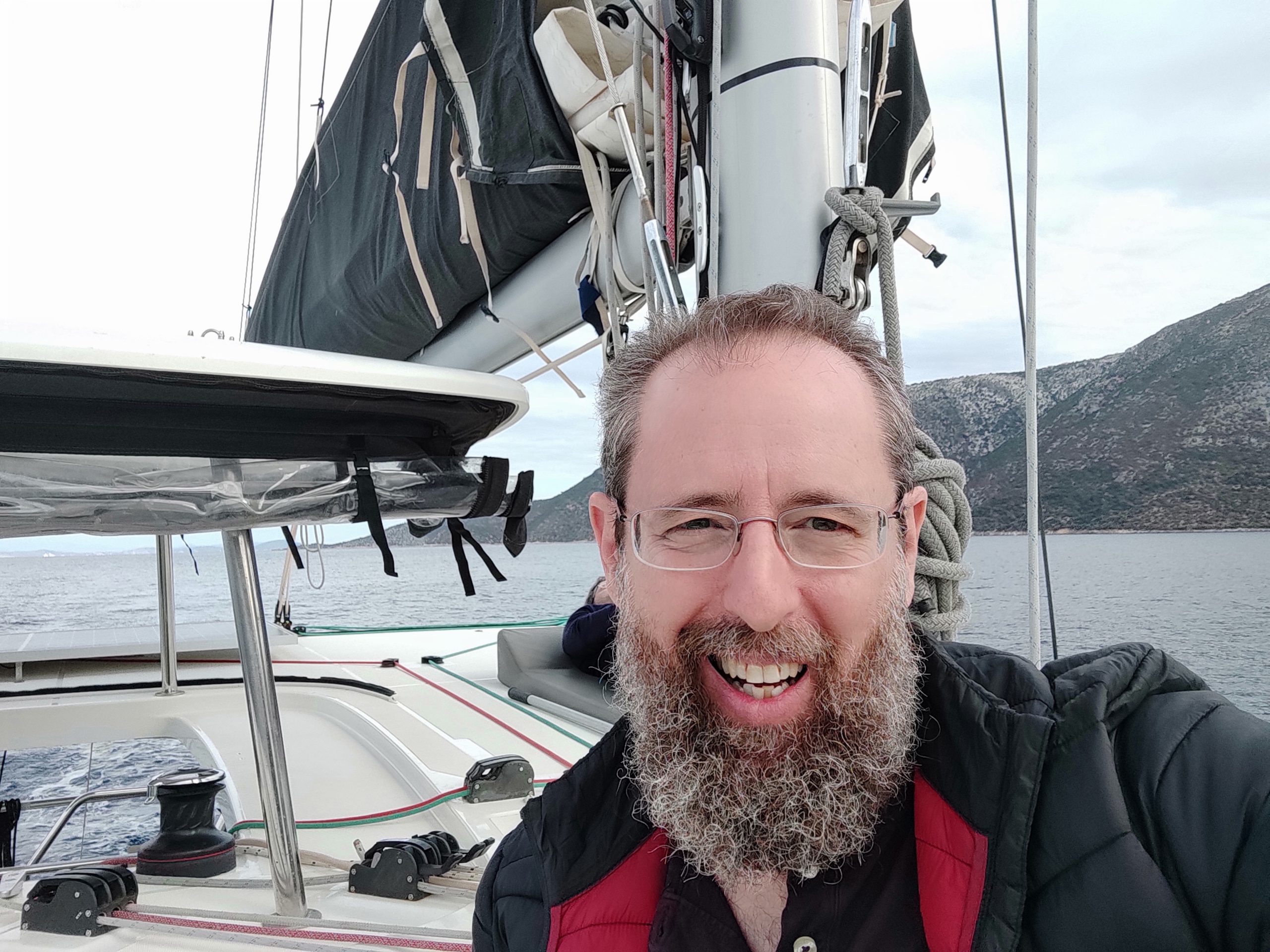
In terms of teaching, Amitay has taught courses on the Hellenistic world; Archaic Rome; Imperial Rome; Athenian Democracy and Empire; Hellenistic History; Second Temple Judaism; Myth and History; and is the author of an online course called The Ancient West, treating the area from eastern Iran to the Atlantic, from the Neolithic Revolution to the age before the rise of Islam. He has also led field coursework in Rome and Athens.
SUPPORT THE WEBINAR PROGRAM!
Friends of ASOR is pleased to announce that the first webinars of the 2025-2026 season will once again be free and open to the public with a goal to raise $10,000 so that the entire webinar season will be free. Will you support this outreach effort with a tax-deductible contribution? All donors/sponsors with gifts of $100 or more will be recognized in subsequent webinars. This October, two anonymous donors have generously pledged $3,000 in matching gifts to support the webinars. That means for every gift you make between now and October 31st, these generous donors will match your gift one-to-one until we hit $3,000. Make your gift today and select “webinars” from the dropdown menu.
Designate your gift for “Webinars” in the drop-down menu.
Latest Posts from @ASORResearch
Stay updated with the latest insights, photos, and news by following us on Instagram!
American Society of Overseas Research
The James F. Strange Center
209 Commerce Street
Alexandria, VA 22314
E-mail: info@asor.org
© 2025 ASOR
All rights reserved.
Images licensed under a Creative Commons Attribution-NonCommercial-ShareAlike 4.0 International License
